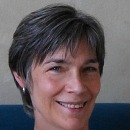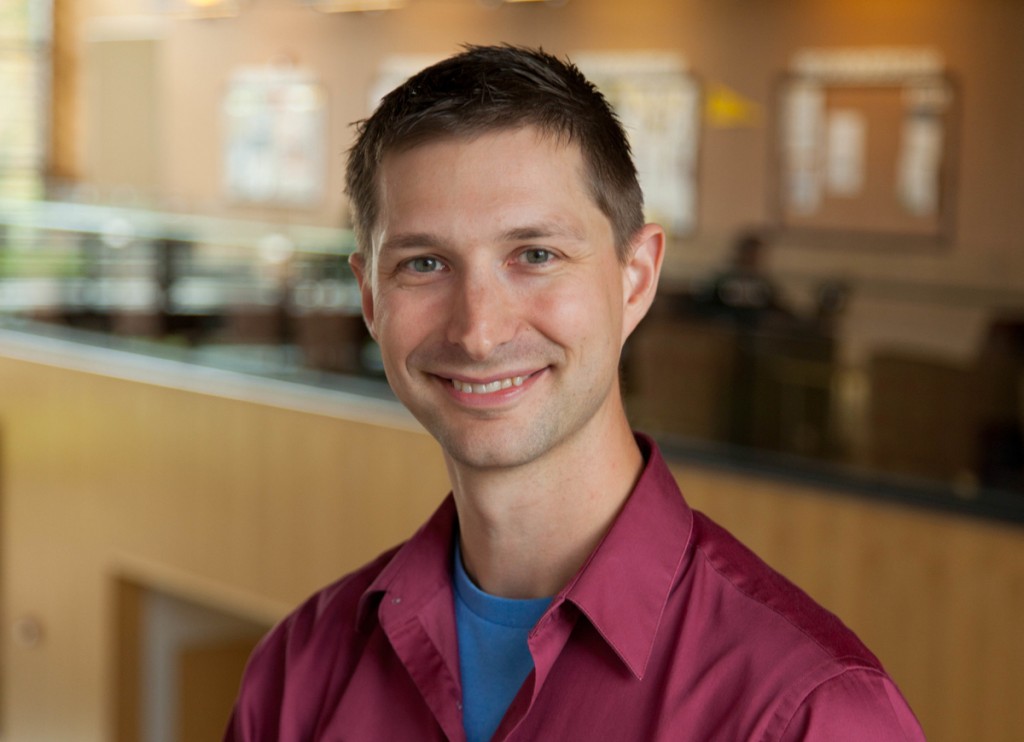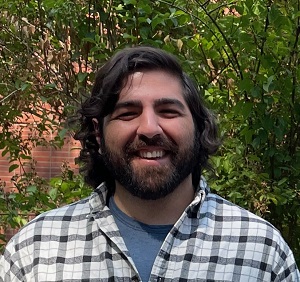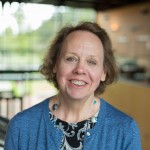Page 10 • (727 results in 0.059 seconds)
-
By Mollie Smith ’17 and Mandi LeCompte Jennifer Rhyne first came to PLU in 2005 when her husband, Jim Brown, was offered a job as the chair of voice studies in the Department of Music. In her first few years, she taught a few flute students, but as the years went by her responsibilities eventually grew to include instructing theory classes and directing the flute ensemble. In 2015 a full-time, tenure-track position for a flute and theory professor opened, and a national search ensued. Rhyne
-
This materials research program encompasses two research thrusts around the theme of building higher dimensional materials from lower dimensional structures with unprecedented levels of control. The first thrust combines two-dimensional layered materials such as graphene into layered heterostructures; the second combines molecular ‘superatoms’ into three-dimensional…
tools; and scientific writing/presentations. Students attend a weekly research seminar series by Columbia, CCNY and ASRC faculty, and present results at a daylong symposium at the end of the program. Summer 2020 research areas available: Synthesis, Characterization, and Theory of Molecular Cluster Materials | Synthesis, Characterization, and Theory of 2D Materials and Heterostructures | Nanoscale Optics | Nanoelectronics | Nano/Bio Systems Summer 2020 program dates: June 1, 2020 – August 1, 2020
-

Associate Professor of English | Department of English | callista.brown@plu.edu
Callista Brown Associate Professor of English Email: callista.brown@plu.edu Professional Education Ph.D., Purdue University, 1991 M.A., Butler University, 1982 B.A., Mount Holyoke College, 1971 Areas of Emphasis or Expertise Composition Rhetorical Theory Literacy
Contact Information -

Chair of Physics | Department of Physics | bret.underwood@plu.edu | 253-535-7267 | I am currently a Professor of Physics at Pacific Lutheran University.
Education Ph.D., Physics, University of Wisconsin-Madison, 2008 M.A., Physics, University of Wisconsin-Madison, 2006 B.S. Magna Cum Laude, Physics, The Ohio State University, 2003 Areas of Emphasis or Expertise Cosmology Particle Physics String Theory Selected Presentations University of Vienna, Cosmological Chaos, Complexity, and the OTOC, Vienna, Austria (October 2020) de-Sitter Constructions in String Theory Workshop, Constraints on dS from Higher Dimensions, Institut de Physique Theorique, CEA
Office HoursMon: 10:00 am - 11:00 amTue: 10:00 am - 12:00 pmWed: 10:30 am - 12:00 pmThu: 10:00 am - 12:00 pmMon - Fri: - -

Visiting Assistant Professor of English | Department of English | ali.mctar@plu.edu | 253-535-7776
Ali Mctar Visiting Assistant Professor of English Phone: 253-535-7776 Email: ali.mctar@plu.edu Office Location: Hauge Administration Building - 201-A Status:On Leave Professional Education Ph.D., English Literature, Princeton University, 2021 B.A., Critical Theory, Williams College, 2014
-

Resident Assistant Professor in School of Business | Innovation Studies | prattca@plu.edu | 253-535-7244
Catherine Pratt, Ed.D. Resident Assistant Professor in School of Business Phone: 253-535-7244 Email: prattca@plu.edu Status:Phased Retirement Professional Areas of Emphasis or Expertise Organizational Behavior and Theory Family Business and Entrepreneurship Leadership Change Management Strategic Management
Area of Emphasis/Expertise -

Since its inception two years ago, a total of five students have graduated with their graduate kinesiology degree from PLU. We had the opportunity to speak with Matt Leslie from the first graduating class of the MSK program. Here’s what Matt Leslie had to say…
outcomes below! Flexible Program – may be completed in as few as 14 months, or over the course of 26 months. Classes occur in the evenings and are a mix of traditional and hybrid in design. Theory to Practice Focus – coursework focuses on building an evidence-based practice through rigorous coursework applied to real world situations. All students complete an applied project as part of the program. Mentorship – all students are assigned a faculty mentor who also serves as lead advisor for the applied
-
Global Studies majors will: Articulate the complexity of global issues and of solutions to global problems. Apply the approaches and methods of multiple disciplines to analyze specific global issues.
. Analyze diversity within French and Francophone cultures (in Europe, Africa, the Americas, and Asia) and of their products, practices, and perspectives. Develop an original hypothesis to analyze and evaluate texts (broadly understood) grounded in French language study, research, and critical theory. Students completing the French and Francophone Studies minor will be able to: Demonstrate proficiency in French at the Intermediate-Mid proficiency level, as defined by ACTFL Analyze diversity within
-
Build historical knowledge. Develop historical methods. Recognize the provisional nature of knowledge, the disciplinary preference for complexity, and the comfort with ambiguity that history
. Use historical perspective as central to active citizenship. Learning Outcomes for Lower-Division CoursesThe History Department has structured all 100-200-level courses to create the following learning outcomes for students who complete them successfully. Students will: 1. Learn and practice the evaluation of historical evidence by identifying and explaining specific claims or ideas in primary and secondary sources. 2. Practice skills of oral expression and dialogue through interpreting and
-
Here are a few helpful links to get you started: https://owl.english.purdue.edu/owl/resource/545/01/ The Purdue OWL (Purdue University) is a great source for writing, and this page goes into detail
developed with evidence throughout your paper. In other words, you should be able to say it in 1-2 sentences, but that shouldn’t be all that there is to say on the topic. Is argumentative, not in a negative sense, but in that it can be supported and may have counter-arguments. Test this by asking “Could I argue the reverse of this?” Should explain what, why, and how. What are you arguing? Why are you arguing that? And how will you show it? Think of the “what” as your basic position, the “why” as your
Do you have any feedback for us? If so, feel free to use our Feedback Form.


